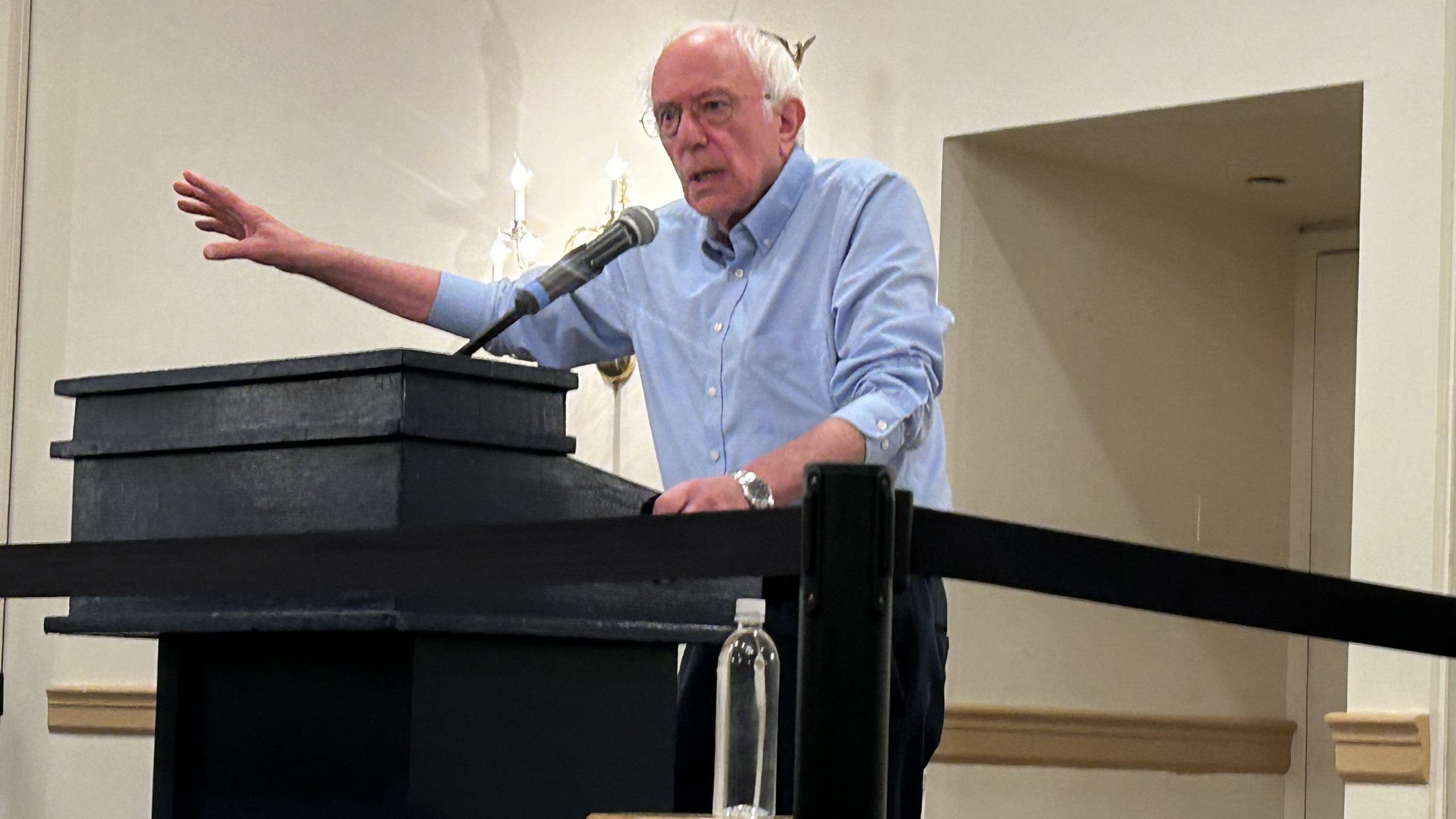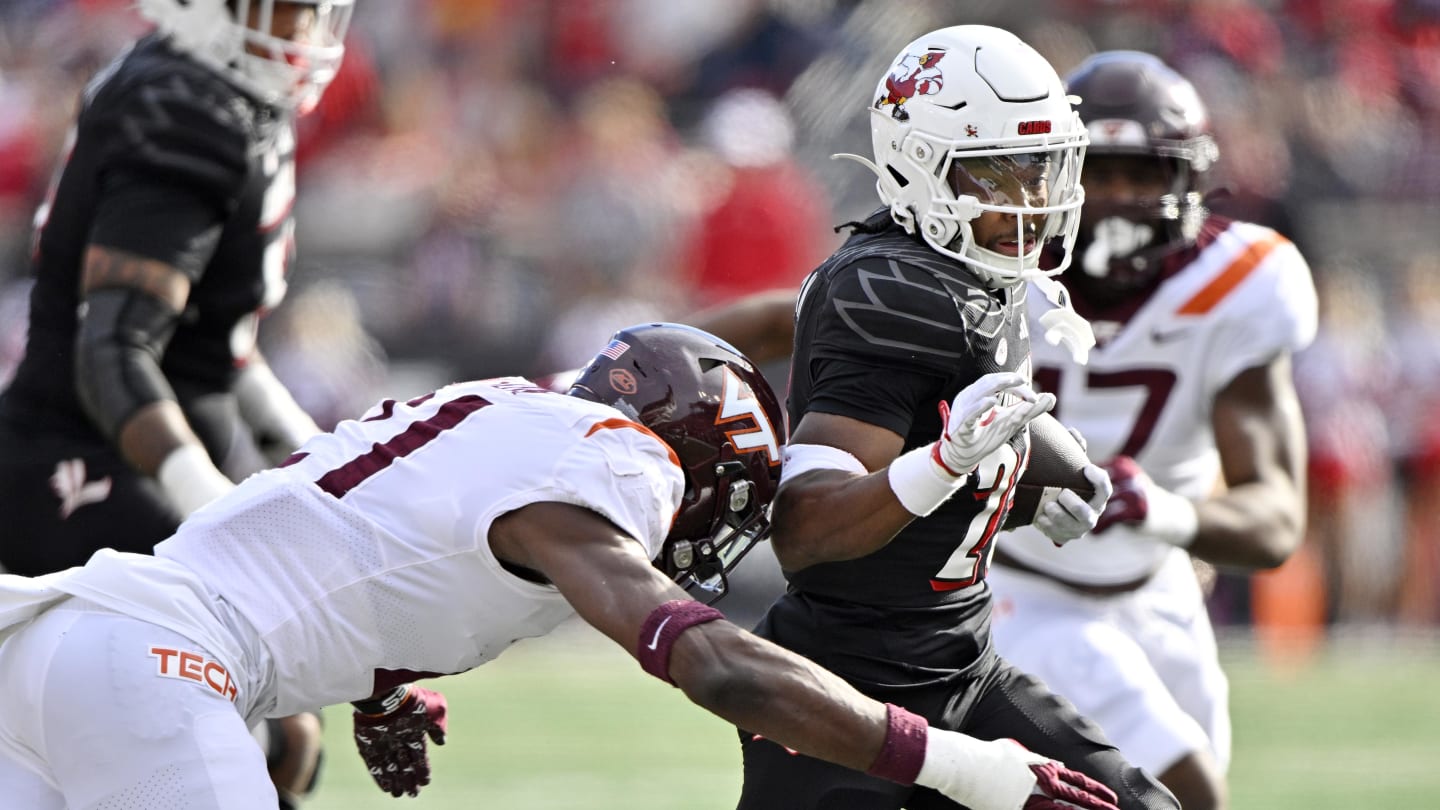Eddie Almance, left, and his sister Leila, pose for portraits taken by their cousin Ailem Villarreal on the rooftop of the Marriott Hotel in downtown Odessa, Texas
Danielle Villasana/Danielle Villasana
hide caption
toggle caption
Danielle Villasana/Danielle Villasana
Eddie Almance, left, and his sister Leila, pose for portraits taken by their cousin Ailem Villarreal on the rooftop of the Marriott Hotel in downtown Odessa, Texas
Danielle Villasana/Danielle Villasana
It’s prom season, and we asked you to share stories from that special night, whether you went last year or decades ago.
We received many heartwarming stories about going to prom with friends, future spouses and high school sweethearts.
Some people told us they didn’t go to prom at all — or didn’t go with a date. Some people learned big lessons at their prom, while others had unforgettable mishaps.
Here are some of the memories you shared with us. And remember that you can participate in future callouts by signing up for NPR’s Up First newsletter.
Day-of mishaps didn’t stop the celebrations
Marshall Metcalf from Taylorville, Ill. recalls how, after walking into his prom, his “nose exploded in a spontaneous fountain of blood.”
It was “Kind of like Footloose, without the fighting or dancing. Just an enormous nosebleed, all down the white rented shirt,” Metcalf wrote. “I dove into the bathroom to clean up, terribly embarrassed. But to my great surprise no one commented on it the rest of the night. Guess my classmates weren’t that bad after all.”
Anthony Rodas from Wisconsin almost crashed his car when his date mentioned she was dating someone else. “On the way there, she nonchalantly mentions, ‘Oh, by the way, that guy is my boyfriend.’ I drove through a stop sign — which has flashing red lights below the sign as well as little LEDs around the signs themselves, the least excusable stop sign to run — as I am processing what had just happened,” Rodas wrote. His date was a little startled and concerned, but no one was hurt and they made it safely to prom. “It was rather awkward, and we spent a good portion of the prom doing our own things, but we did dance to a few songs and still ended up having a good time,” Rodas wrote.
Jessica Reitano also ended up marrying her prom date. In 1990, her and her now husband crashed a prom when she came back home from college.
Jessica Reitano
hide caption
toggle caption
Jessica Reitano
Jessica Reitano also ended up marrying her prom date. In 1990, her and her now husband crashed a prom when she came back home from college.
Jessica Reitano
Josh Waters in Georgia wrote that his “prom date was so mad at me because I refused to wait in line for pictures right when we got there.”
After three hours of dancing to Boyz II Men, the pair looked “a sweaty mess. However, it must not have made her that mad,” Waters wrote. “We just celebrated 16 years of marriage.”
Prom night was clouded by difficult times, personal and political, for some
Robin Dias of Scottsdale, Ariz. went to prom in Darien, Conn. in 1968, as unrest around the Vietnam War reached its peak. The spring was fraught with protests, political unrest and the assassinations of two of America’s most high profile leaders, Martin Luther King and Robert F Kennedy. Dias wrote that “It almost seemed wrong to want to dress like a princess at a ball when there was so much turmoil,” Dias wrote.
She recalled her mother standing in her bedroom, ironing while the TV blared with the news of the MLK funeral march. Dias’ mother sighed, and said aloud, “It’s all so terrible. But I really hope the school won’t cancel the proms this spring. You kids still deserve to have your Prom Night.”
Casey Promise Thompson was one of the only openly gay students at her prom night in her small town in Tennessee.
“I walked in, nervous of people’s reactions to me wearing a tux. I had lived a life of being severely bullied and not being the best at making friends. But I had evolved over time and tried to learn to connect to others through art,” Thompson wrote to us.
She would give away her doodles and sketches all the time. She estimates she probably gave away hundreds of drawings. So, it came as no surprise that by senior year, she was voted “Most Talented” by her classmates.
Of course, this would mean that she would have to get on stage at prom and accept her award with all the other superlatives. “I was immediately nervous and sick to my stomach,” she wrote. “Instead of the expected cold shoulder and fear of being laughed at, they all smiled and welcomed me.”
Thompson learned an important lesson that day: “It suddenly dawned on me that my art had made an impact. Everyone did know who I was. I had actually been a popular kid my Senior year and I didn’t even know it. My brain had built up this idea that no one liked me all of these years, and right before I graduated high school…I finally learned that people actually did respect and appreciate me. My art has made me into someone.”
Romantic dates weren’t always the focus of prom
In 2010, Karley Ford went to her senior prom with her best friends instead of a date.
Karley Ford
hide caption
toggle caption
Karley Ford
In 2010, Karley Ford went to her senior prom with her best friends instead of a date.
Karley Ford
Karley Ford in Colorado told us that she “had the worst luck with getting dates to… literally any dance. I was just perpetually single. Prom was no exception. Junior prom, my date got swine flu. Senior prom, my date decided to go with someone else– one week – before prom. I had already gotten his boutonniere in 2010.
At senior prom, Ford said she expected to be depressed because she was going alone. One of her good friends asked Ford to join her as her “date” a couple days before.
“The best thing, though, was this picture. We had been friends since grade school, and it was one of the last hurrahs together before going off to college or wherever the wind took us,” Ford wrote. “Despite me not having a date, my childhood friends all rallied together, made sure that I had reasons to smile and reminded me that I am never alone (and I didn’t need a stinkin’ date).”
Going with a friend also made things 10 times more fun for Laura Popielski in Washington D.C. “My best friend and I decided to go to prom months before the date. He was gay and I was a bit of a wallflower when it came to dating/boys so it made good sense to go together,” Popielski wrote. “Nine years later, he passed away and now it’s been ten years since that… and I still remember how fun it was to collaborate with him, how we were the perfect pair.”
Some who didn’t attend prom are stamping their own traditions on the day
Ananya Paul grew up in India and never went to prom. Now in California, she “will be making memories when my rising Junior wears a saree to her prom. Our children take pride in celebrating and showcasing their culture.” Paul wrote that it is “heartening” to see more students wear traditional attire like sarees or lehengas to prom in recent years.
“What’s also intriguing is how my daughter has chosen to go to prom with her girlfriends rather than a date. It speaks volumes about the evolving dynamics of friendship and independence among today’s youth,” Paul wrote. “It’s these unique cultural shifts and personal choices that make each prom season special and memorable in its own way.”
Chad Campbell contributed production to the audio version of this story and Ally Schweitzer edited. The digital version was edited by Obed Manuel.


































